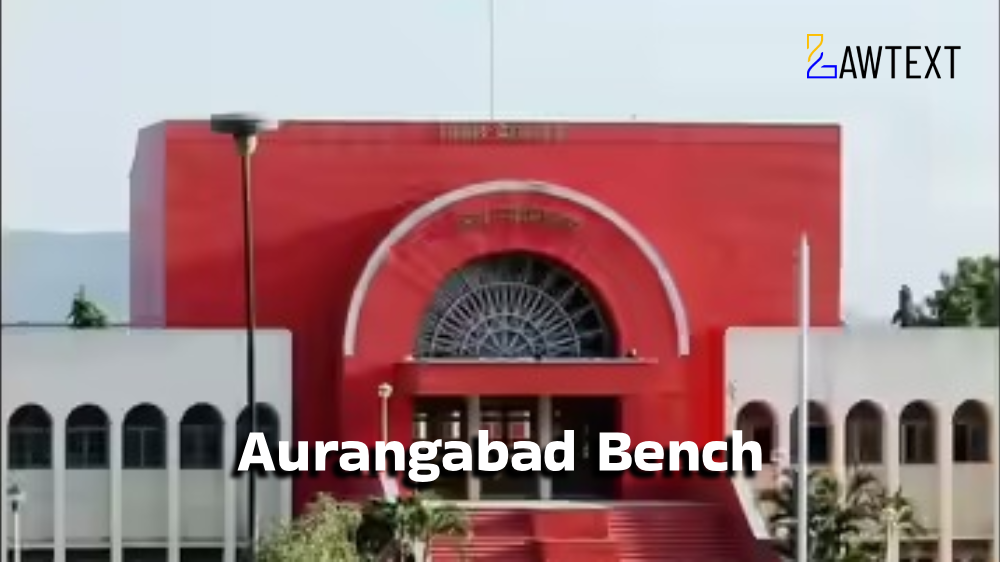Case Note & Summary
The Nagpur Bench of the Bombay High Court reaffirmed the plaintiff's entitlement to a half-share in the suit properties, overturning the Trial Court's partial decree and dismissing the counter-claim by the defendants. The case involved a dispute over joint family properties, with the plaintiff seeking partition and separate possession. The High Court's judgment clarified that the garage business, which was a point of contention, was indeed a joint family business, entitling the plaintiff to an equal share in all properties acquired from its income.
1. Background of the CaseThe plaintiff filed Special Civil Suit No. 286 of 2005 in the Civil Judge's Court at Amravati, seeking partition and separate possession of several properties, including houses and agricultural lands, which he claimed were joint family properties. The primary dispute revolved around whether these properties were self-acquired by the plaintiff's deceased brother, Laxmanrao, or were purchased from the income of the joint family business.
2. Trial Court JudgmentThe Trial Court partially decreed the plaintiff’s suit, recognizing his half-share only in the agricultural land at Mouza Shendola, deemed ancestral. The court dismissed the plaintiff's claim on the rest of the properties, ruling them as Laxmanrao's self-acquired assets, and also upheld the counter-claim of the defendants, granting them an injunction against the plaintiff.
3. Appellate Court ReversalThe plaintiff appealed, and the District Judge-III at Amravati reversed the Trial Court's decision, granting the plaintiff a half-share in all suit properties. The Appellate Court held that the garage business was indeed a joint family enterprise, and all properties, including those claimed by the defendants, were liable for partition.
4. High Court ProceedingsDefendant Nos. 1 to 6 challenged the Appellate Court’s decision in the Bombay High Court, Nagpur Bench, arguing that the properties in question were not joint family properties. However, the High Court upheld the Appellate Court's ruling, finding that the business had been jointly run and the properties acquired were therefore joint family assets.
5. Review Petition and Final RulingThe defendants filed a review petition, focusing on the timing of the garage business becoming joint and seeking exclusion of certain properties from partition. The High Court partially accepted their plea, excluding specific properties purchased before 1991, when the business became joint. The court maintained the partition decree for the rest of the properties.
6. Legal ImplicationsThe High Court's judgment underscores the significance of joint family business in determining property rights within a Hindu Undivided Family (HUF). The ruling reaffirms the presumption of jointness in Hindu law and highlights the importance of clear evidence when challenging the joint nature of family assets.
7. ConclusionThe Bombay High Court's ruling provides clarity in the complex arena of joint family property disputes, reaffirming the principles of Hindu law and the rights of family members to an equitable share in jointly acquired assets.
Issue of Consideration: Vitthalrao Marotirao Navkhare Versus Nanibai (Dead), through LRs, and others
Premium Content
The Issue of Consideration is only available to subscribed members.
Subscribe Now to access critical case issues







